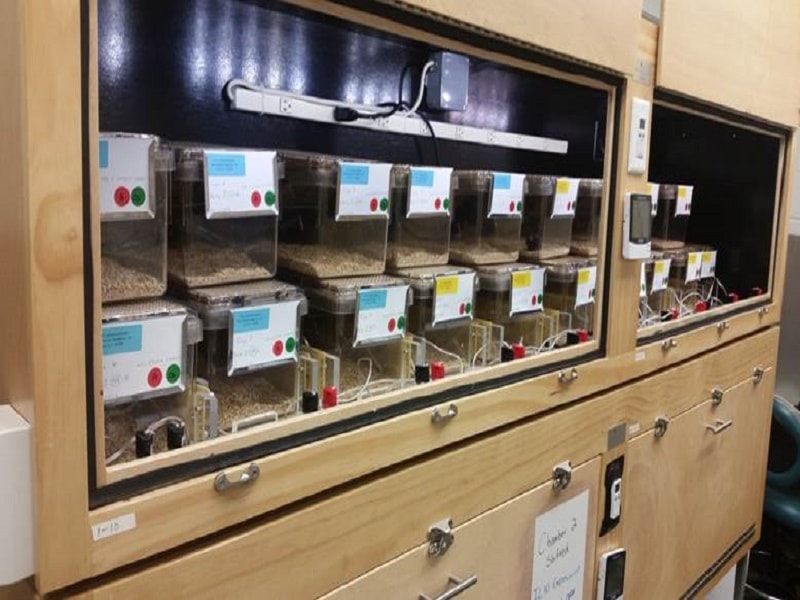
The Circadian Rhythms Laboratory within the Center for Integrated Microbiome & Chronobiology Research (CIMCR) investigates the negative health consequences of circadian rhythm disruption in various rodent models of disease. Environmental methods to disrupt circadian homeostasis include manipulation of light cycles and alterations in food consumption profiles, and genetic manipulations include mutations of components on the core molecular circadian clock including clock and per. These approaches allow our team to determine the impact of disrupted circadian homeostasis on gastrointestinal diseases (e.g., ulcerative colitis, colon cancer) and how circadian-induced effects on the intestine are contributing to a wide variety of inflammation-mediated diseases (e.g., osteoarthritis, neuro-inflammation).
If research collaboration is of interest, please contact us.
